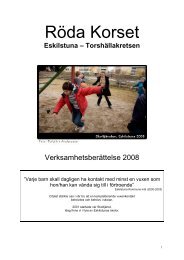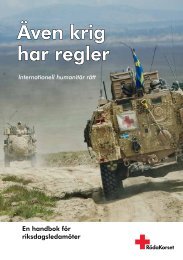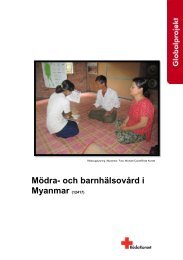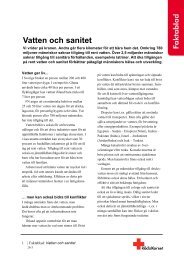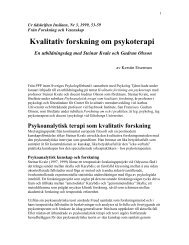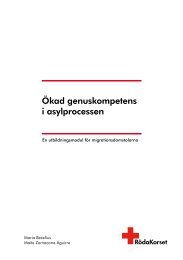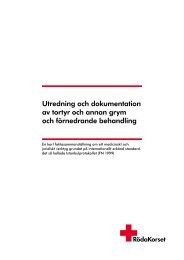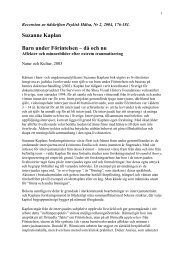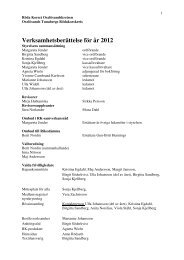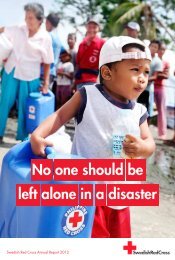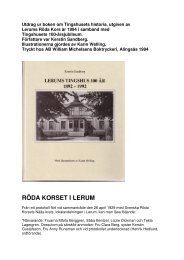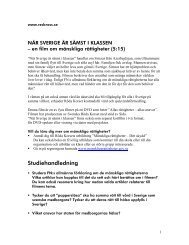chapter 4 - DRK
chapter 4 - DRK
chapter 4 - DRK
Create successful ePaper yourself
Turn your PDF publications into a flip-book with our unique Google optimized e-Paper software.
Strictly under embargo until Wednesday 22 September at 00:01 GMT (02:01 Geneva time)84CHAPTER 4Unconsolidatedstate formation and weak political institutionsCountries undergoing a transition to democracy, emerging from periods of authoritarianrule or recovering from internal conflict are particularly vulnerable to high levels of urbanviolence. In the past, political authority may have been monopolized by a dominant rulingclass or coalition of powerful groups. This culture of monopolizing power and limitingaccess to other groups has frequently led to political instability and populism, sometimesprecipitating a crisis of legitimacy. These countries also tend to have weak political institutionswith multiple and often competing centres of power. When regimes are paralysedby divisions and state–elite conflicts, critical judicial and economic reforms, which arenecessary to consolidate democratic transitions, promote economic growth and developa genuine social contract, become impossible because they threaten the vested interestsof elites. Unreformed judicial systems remain politicized and corrupt and are often overwhelmedby the rise in crime and the demands of international counterterrorism andcounter-narcotics campaigns. Failure to respond effectively to rising crime and violencecreates a chain reaction as impunity destroys the credibility of the law enforcement systemand this in turn erodes its capacity for deterrence. This inhibits economic growth andundermines state capacity to deliver basic services, contributing to a worsening of theconditions of deprivation and inequality that drive people to commit violent acts.When the effectiveness of the law does not apply to all citizens and groups, or to all theterritory of the state, the state loses its authority. Impunity also contributes to a cultureof excessive force or brutality by police in poor neighbourhoods, including the practiceof torture and even summary execution of crime suspects from slum or shanty town settlements.Police have been known to target entire communities rather than individualoffenders, so that civilians view them as ‘enforcers’ and not protectors. These crimes oftengo unpunished. Data from the US State Department and Amnesty International showthat in 2006, extrajudicial killings accounted for more than 50 deaths in 31 countries. Inthe favelas of Rio de Janeiro, military police combat drug gangs by conducting violent massraids, turning neighbourhoods into urban battlefields. According to the UN Special Rapporteur,Brazilian police declared extrajudicial killings and summary executions to be “actsof resistance followed by death”, and recorded 1,330 of these ‘resistance killings’ in 2008.ExclusionGovernment failure to provide essential public goods leads to exclusion. For thewealthy this situation is often pre-empted by self-exclusion as they choose to hire privatesecurity forms, send their children to private schools or seek medical treatmentand preventive healthcare at private hospitals. But this self-exclusion only compoundsthe government’s failure and contributes to the creation of a different class of citizen,an underclass with little access to basic human needs, living on the fringes of anelite society whose opulence it can only access on a satellite TV channel. Research hasshown that the urban poor feel rejected by society, discriminated against and systematicallydenied the opportunities to improve their quality of life. This discriminationis internalized and expressed in lack of confidence in the state and its institutions



